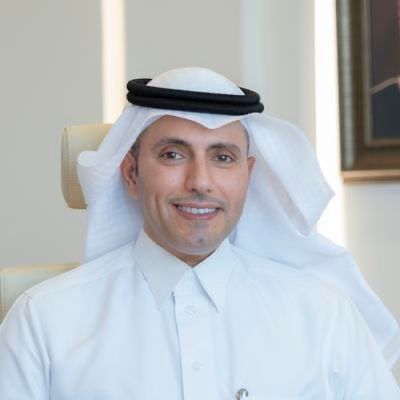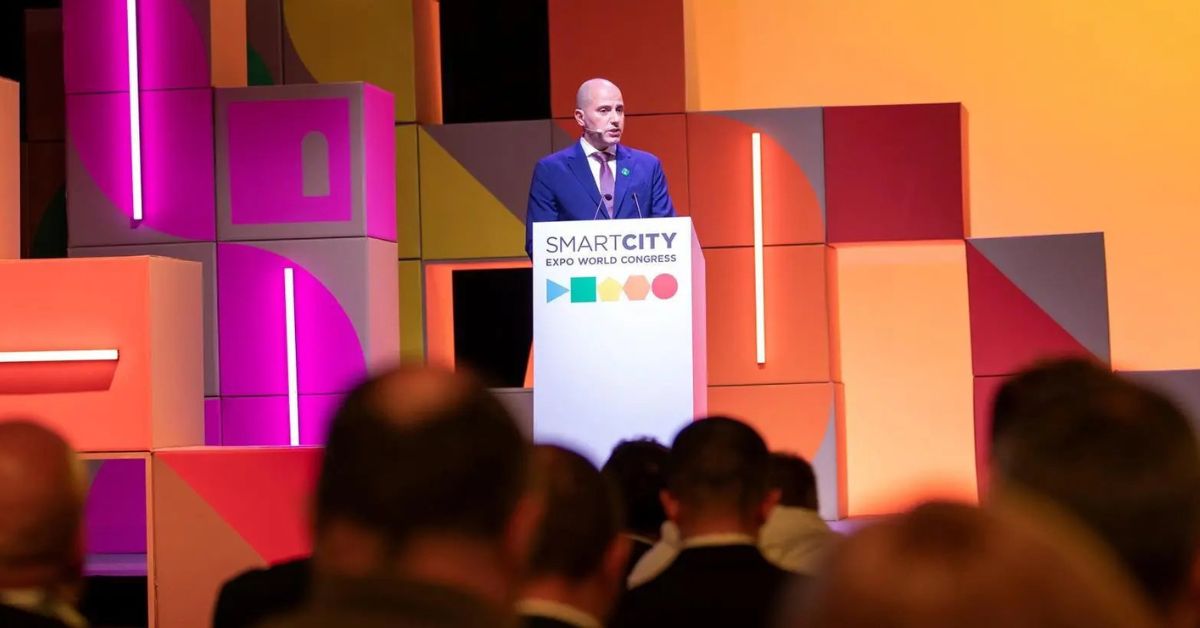Barcelona — Saudi Arabia’s initiatives in the field of smart cities, inspired by innovation, aiming to set a global standard, said Dr. Esam bin Abdullah Al-Wagait, Director of the National Information Center at the Saudi Data and AI Authority (SDAIA).
He emphasized that smart cities are fundamental to sustainable urban living for humanity.
Speaking at the Smart City Expo World Congress in Barcelona, Dr. Al-Wagait highlighted the pivotal role of generative artificial intelligence (AI) in city services and urban solutions, foreseeing it as the cornerstone of future smart-city initiatives.
He pointed out that the use of generative AI extends beyond urban design and development. It involves creating smart cities tailored to the needs of their residents, promoting sustainable and inclusive living environments.
Dr. Al-Wagait also reiterated Saudi Arabia’s commitment to enhancing smart-city environments. This commitment is evident in the Kingdom’s embrace of the Internet of Things (IoT), not just as a concept but as a lifestyle.

This approach involves seamlessly integrating IoT into the city’s technical infrastructure, aligning with the Kingdom’s vision of advanced communication and connectivity.
Dr. Esam bin Abdullah Al-Wagait also highlighted the transformation of the NEOM project, a national initiative that exemplifies the future vision of smart cities.
This project leverages the Internet of Things (IoT), big data, and artificial intelligence (AI) to redefine urban design and planning, aiming to set new global standards for urban efficiency and citizen well-being.
He discussed the evolution of the Saudi Data and AI Authority (SDAIA) through its various initiatives, including the establishment of the Smart Riyadh Operations Center (Smart ROC).
This center serves as a central hub, utilizing data and AI techniques to monitor, analyze, and forecast operational indicators across various sectors in Riyadh. Its primary mission is to tackle the city’s challenges, enhancing the quality of life, infrastructure, and urban services.
Dr. Al-Wagait further mentioned SDAIA’s development of smart systems for crowd and traffic monitoring. These systems were created in coordination with government agencies to build AI-based solutions.
He cited the successful management of traffic during the International Technology Conference (LEAP23) in Riyadh as an example of these systems’ effectiveness.
The implementation of these smart solutions led to a 36 percent reduction in traffic congestion and ensured quick and effective responses to ambulance and emergency cases, setting a record in operational efficiency.









